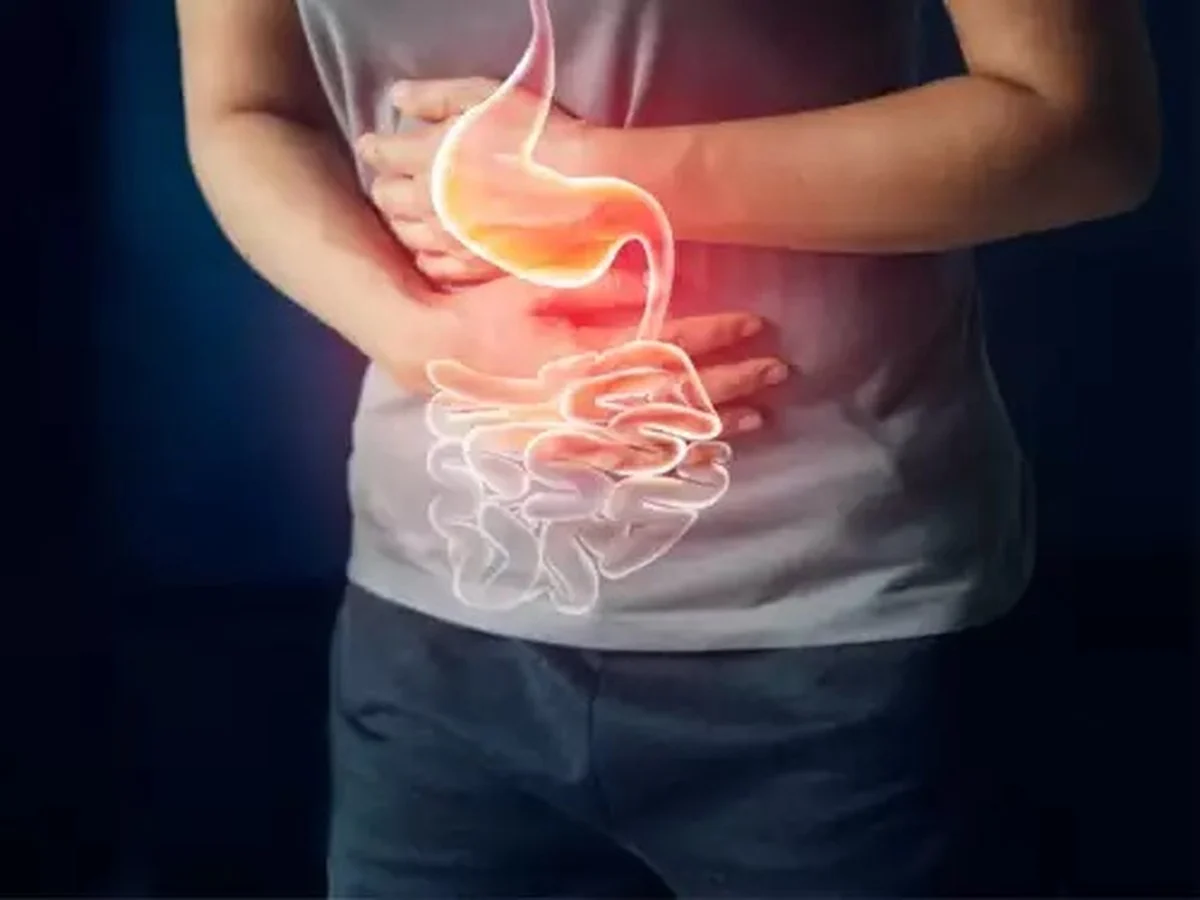25/01/2025
25/01/2025

NEW YORK, Jan 25: Colorectal cancer, which occurs when cells in the colon or rectum grow uncontrollably, affects around 150,000 Americans each year. Traditionally associated with older adults, the number of diagnoses among younger individuals has been rising sharply in recent years. In fact, 20% of colorectal cancer cases in 2019 were in people under the age of 55, a significant increase from 11% in 1995.
In response to this concerning trend, the US Preventive Services Task Force updated its colorectal cancer screening guidelines in 2021, recommending that screening for adults at average risk begin at age 45, down from the previous age of 50.
In addition to regular screenings, it's important to stay aware of potential symptoms at home. Dr. Cedrek McFadden, a colorectal surgeon from South Carolina and medical adviser to the Colorectal Cancer Alliance, shared five key warning signs that should never be ignored. "Bottom line: If something feels off, trust your gut — literally — and talk to your doctor," McFadden advised.
Changes in bathroom habits: Any persistent changes in your bathroom habits—such as diarrhea, constipation, or alterations in the shape, size, consistency, or frequency of your stool—should not be dismissed as stress or dietary changes. For example, pencil-thin stool can signal a tumor near the end of the colon or its lining.
Blood in the stool: Whether it’s bright red or dark-colored, blood in the stool is a serious sign and shouldn’t be ignored. While rectal bleeding can be caused by conditions such as hemorrhoids or anal fissures, it can also be a symptom of colorectal cancer. McFadden emphasized the importance of getting it checked out without delay.
Unexplained weight loss: Unintentional weight loss, especially if it’s happening without any effort, could indicate a digestive issue. McFadden shared the story of a retiree diagnosed with colorectal cancer at 66, who noticed significant weight loss during the holidays without changing his habits. His wife urged him to visit a doctor when she remarked, "You are literally melting away before my eyes."
Persistent abdominal discomfort: Ongoing pain, cramping, or bloating that doesn’t resolve could be a warning sign. Dr. McFadden pointed out that around 15% of colon cancer patients at the University of Texas MD Anderson Cancer Center report pain as a symptom, often describing it as an “intermittent crampy feeling” in their stomach.
Fatigue: Chronic fatigue that can’t be explained may be due to anemia, a condition where there’s a low red blood cell count. McFadden noted that anemia is found in 30% to 75% of colorectal cancer patients, and it could indicate that a tumor in the digestive tract is bleeding.
If any of these symptoms sound familiar, McFadden strongly recommends scheduling an appointment with your doctor as soon as possible. Trusting your instincts and staying on top of your health could make all the difference in detecting colorectal cancer early.


